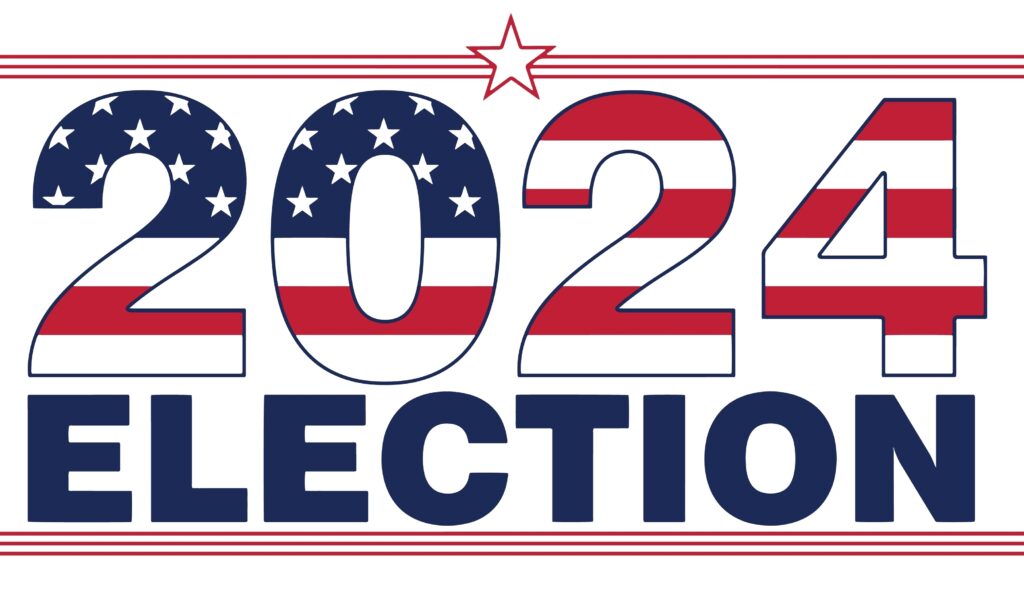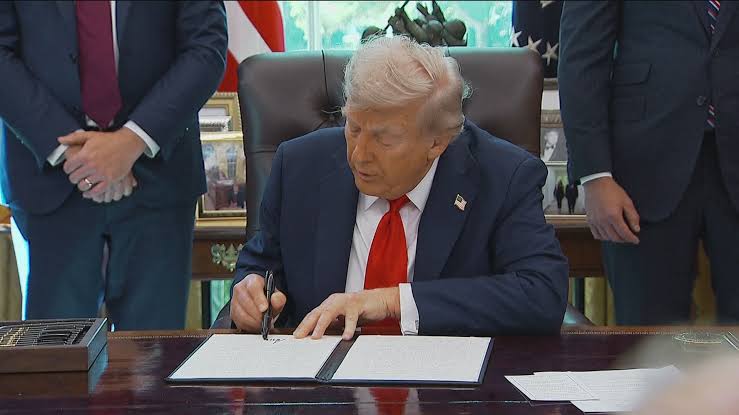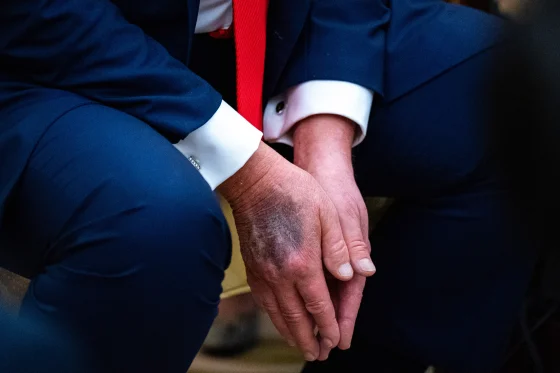It seems that every election year, especially a presidential one, seems to many political pundits that it is the most consequential one ever. I do not know which year was the most important, but I will say that each presidential election for varied reasons has a far-reaching impact not just in the nation but worldwide.
Originally, the 2024 presidential race was between the incumbent, Joe Biden and the former president, Donald Trump. Initially, the election’s central theme was the age of both candidates, each at 81 and 78 years, respectively.
However, the mediocre performance by Biden in a debate against Trump on June 27 in Atlanta, many prominent Democrats called for Biden to drop out, which he reluctantly did on July 21 and endorsed Vice-President, Kamala Harris, for presidency.
Harris nomination as president for the Democrat party became official during the Democratic National Convention in Chicago two months ago. On Sept. 10 both Harris and Trump met for the only time for a debate in Pittsburgh. According to the moderators of the debate that were responsible for the fact-checking of each candidate, Trump told 33 lies while Harris only told two.
Osaore Aideyan, an adjunct faculty member in the Social Sciences Division here on campus, mentioned, “First, in almost all advanced democracies, every election to select the head of government/state is always ‘most consequential’ because it affords citizens the opportunity to make a choice as to the direction of the country among several competing visions in politics and policy.”
“With few exceptions, these competing views are platformed in the two major political parties in the United States – Democratic and Republican. Second, the concept of ‘most consequential’ takes a super-sized meaning in the United States because the Electoral College system is a form of the winner-take-all electoral system.”
“This means that the candidate who wins most votes in a state receives all the electoral votes from that state. This system emphasizes state-by-state victories rather than a national popular vote. Regarding the 2024 November elections, there is a lot at stake. Not only will a president be chosen, control of the US Congress is also on the ballot.”
Aideyan stated, “For several reasons, the barometer for making informed electoral predictions called opinion polls has proven not to be reliable in the last few election cycles in the United States. For this reason, it would be difficult for me to say with confidence that candidate A or B will be victorious.”
“My prediction is this – given the dynamics of the politics, policy and more importantly, the personalities at the top of party tickets, the victorious presidential campaign/party will come down to organizational abilities in getting out the votes in one of the closest general elections in the US. Put differently, this is effectively a near toss-up. At the same time, it could break for one candidate in the next few weeks.”
Remember to vote for the upcoming presidential election by November 5, which is Election Day, and it falls on the first Tuesday of November. Take advantage of early voting to beat out the long lines and crowds on Election Day. Your one vote can determine who gets into office on a local, state, and federal level. If you do not vote at all, you do not have a right to complain about the shortcomings of the current person in office.
Regarding the Electoral Vote, the state that has the most votes for the candidate wins the state. Of the current 538 electors, a simple majority of 270 or more electoral votes is required to elect the president and vice president.
The Electoral Vote is based on the population of the most recent Census. All 50 states and the District of Columbia, or Washington, D.C. have at least three electoral votes. California has the most with 54 votes, followed by Texas with 40, Florida with 30 and New York with 28.
Washington, D.C., Alaska, Wyoming, North Dakota, South Dakota, Vermont, and Delaware are tied with the fewest votes with three.
If it remains tied at 269 in a two-party race or in a three-party race, neither candidate has 270 electoral college votes, the election is held at the House to determine who will be next president and vice-president for the next four years.










